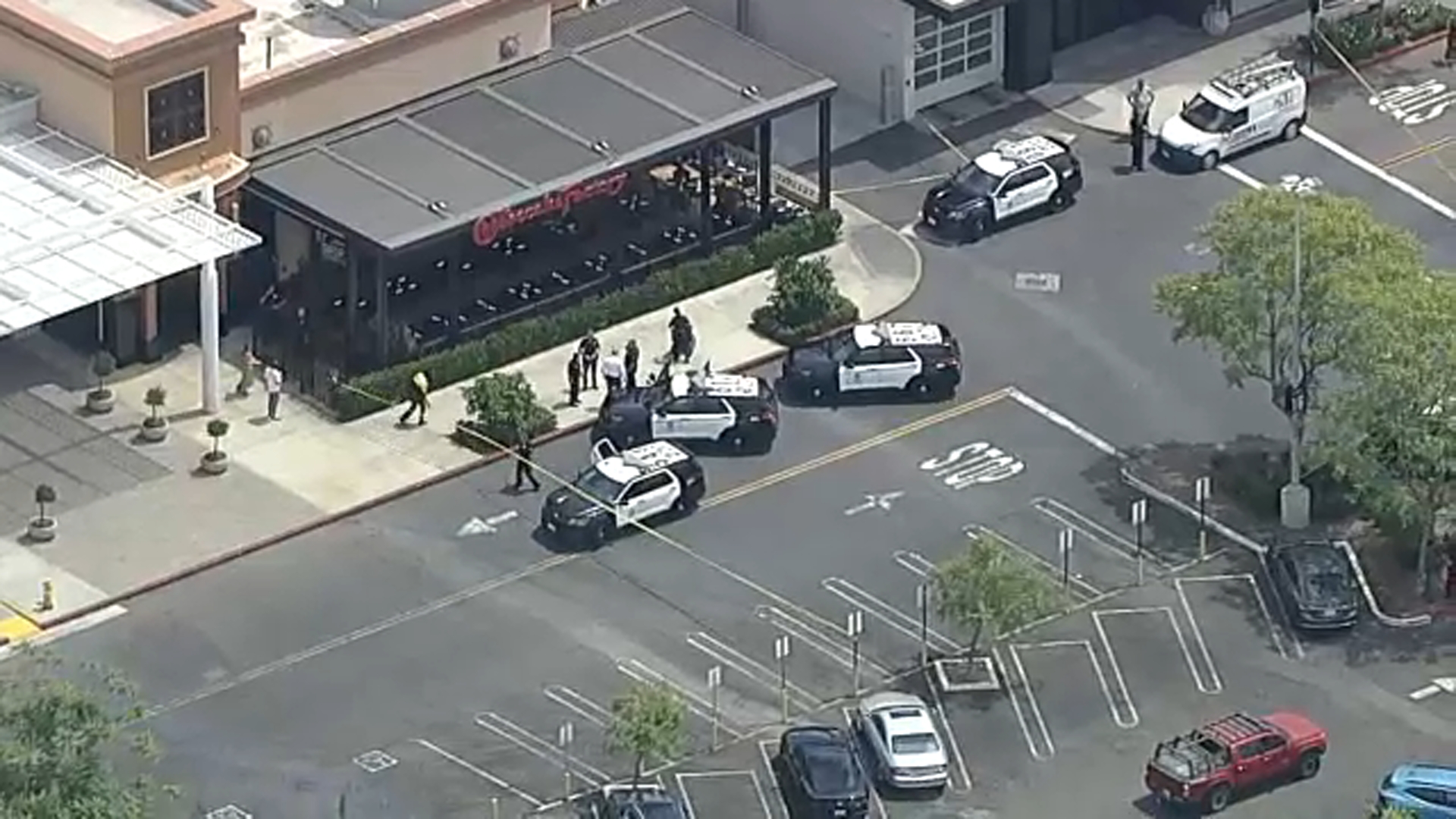Back-to-school eye check: As screen time fuels vision problems, try simple rule to mitigate issues

LOS ANGELES (KABC) -- With kids returning to the classroom, back-to-school time is when many students discover their vision may be different than it was last year.
Cases of nearsightedness are skyrocketing. Could screen time have something to do with it? Eye doctors show us the simple things parents can do to make sure their kids are ready to learn.
When 16-year-old Amielle Niere was in second grade, she had a hard time figuring out the lesson plan.
"It was just difficult to see from afar, like I couldn't see what the teacher was writing on the board," she said.
Like many kids, her vision would change from one year to the next.
"It used to get worse like drastically because I had really bad habits like reading in the dark," Amielle said.
That can strain your eyes, but so does spending hours on screens.
Dignity Health Ophthalmologist Dr. Harshad Patel with SoCal Family Eye Care in Long Beach said 25 years ago, about 20% of kids were being diagnosed with vision problems, but that number is on the rise.
"That's gone up to about 35%. We think over the next couple of decades, that's actually going to increase to about 50%," he said.
Patel said nearsightedness started to soar around the pandemic.
"It's the near and up-close activities and just doing tons of it. That's really changing these numbers and so that's being looked at really excessively right now," Patel said.
Much of the research is focused on prevention. Patel said one thing parents can do is to get their kids to play outdoors.
"The recommended amount would be about two hours a day. That would be very beneficial for kids," he said.
To give your eyes a break, Patel recommends the 20-20-20 rule. Every 20 minutes, take a break and look at something 20 feet away or more for 20 seconds or more.
"I'll set a little timer to take like a 5 minute break and just do something," Amielle said.
Amielle is fortunate she got her vision checked before the age of 10. This is a crucial time for detecting lazy eye.
"And then if we don't catch it within that time period, then patients can have a permanent vision deficit," said Patel.
Eye exams at school and the pediatrician are a start, but Patel recommends seeing an optometrist.
Junior year will be Amielle 's most challenging yet, but clear vision is giving her confidence.
"I can focus on learning the content instead of spending all of my energy trying to decipher what the words are," she said.











